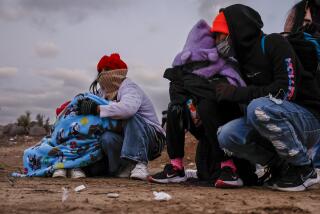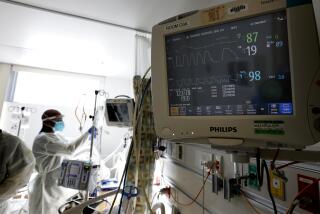Free Services for the Poor
- Share via
On Dec. 4 you called attention to an editorial, published in professional journals, urging doctors and lawyers to give more free service to the poor (“Medicine, Law Urged to Give Service to Poor” by Allan Parachini).
Always to be encouraged, free service for the poor is an ancient and noble tradition of these professions. Unfortunately, however, today’s doctors, by providing more of their services free, can’t help much in taking care of the estimated 35 to 50 million Americans who lack adequate medical care.
Medical practice has undergone a great transformation since the time when charity care for the poor was relatively simple and the doctor alone could provide most of the service. Then the doctor gave his service, and if required, the voluntary or charity hospital could foot the bill for a modest amount of in-patient care. Now medicine has become a complex, hospital-centered corporate project. The hospital must try to make a profit, and the doctor, whether in solo practice or as part of a group, believes that he must use an enormous amount of expensive technology. He might give his service free, but who is to pay for the CAT scan at hundreds of dollars a shot? Many expensive items contribute to a current medical bill. Furthermore, as “treatment,” the poor may need vital social services (food, home, family, love, money) more than they need doctors.
Urging more free service by doctors, though comforting, is little more than a symbolic gesture. In the same journal (Journal of the American Medical Assn.) that carried the editorial, Dr. D. Hilfiker of Washington, D.C., after asserting that medicine has largely abandoned the poor, says that some form of “national health coverage available to all the poor is required.” That makes sense. It is a plan that has been supported on and off for decades, but so far it has eluded reformers. In the current political climate of military spending and budget cutting, it will, unfortunately, continue to elude them. Medically, and in many other ways, we remain a nation of haves and have-nots.
JOHN LEWIS MD
Santa Barbara






